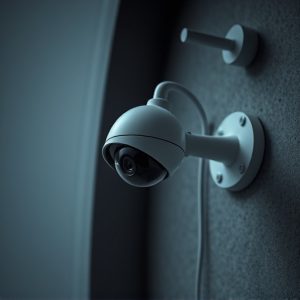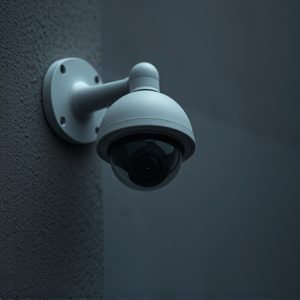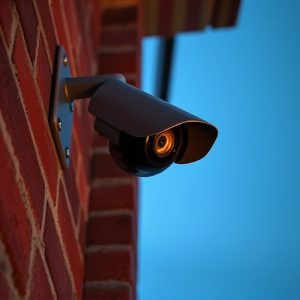Unveiling Hidden Security Cameras: Tech, Ethics, & Legal Implications
Hidden security cameras, disguised as everyday objects, offer advanced surveillance without compromi…….
Hidden security cameras, disguised as everyday objects, offer advanced surveillance without compromising aesthetics or privacy. With compact designs, specialized lenses, and sensors, they capture high-quality footage, including night vision and motion detection. While providing powerful security measures for individuals and businesses, their deployment raises ethical and legal concerns regarding privacy rights, with strict regulations in many regions to prevent unauthorized intrusion. The debate centers on balancing crime prevention with public trust, emphasizing the need for clear guidelines and transparency for ethical surveillance practices.
Hidden security cameras, a sophisticated technology, offer discreet surveillance solutions. This article delves into the world of concealed surveillance, exploring its underlying technology and the ethical landscape it navigates. Understanding how these cameras operate is crucial, especially with growing concerns about privacy and legal implications. We analyze the motivations behind their use while dissecting the delicate balance between security and personal freedoms, shedding light on the hidden costs of hidden security cameras.
Understanding Hidden Security Cameras: Unveiling the Technology
Hidden security cameras, also known as covert surveillance cameras, are advanced technologies designed to operate discreetly while providing comprehensive monitoring and security solutions. These innovative devices are engineered to blend seamlessly into their surroundings, making them nearly invisible to potential intruders or subjects under surveillance. By utilizing compact designs, specialized lenses, and state-of-the-art image sensors, hidden security cameras capture high-quality footage without compromising privacy or aesthetics.
The technology behind these cameras involves a combination of sophisticated engineering and stealth design. They can be integrated into everyday objects like smoke detectors, electrical outlets, or even decorative items, allowing for unobtrusive placement while ensuring optimal viewing angles. Advanced features such as night vision, motion detection, and remote access through mobile apps further enhance their capabilities. This technology empowers individuals and businesses to maintain a heightened level of security while ensuring that surveillance remains unnoticeable to those without authorized access.
Ethical Considerations and Legal Implications of Concealed Surveillance
The use of hidden security cameras raises significant ethical considerations and legal implications, especially regarding privacy rights. In many jurisdictions, the installation of surveillance equipment must comply with strict regulations to protect individuals from unwarranted invasion of their personal space. Concealing a camera can be seen as a breach of trust and a violation of privacy expectations, particularly in public spaces or places where people reasonably assume they have a right to seclusion.
The debate around hidden security cameras intensifies when discussing the purpose and proportionality of surveillance. While these devices can serve as valuable tools for crime prevention and investigation, their pervasive use without consent can foster a sense of paranoia and erode trust in public spaces. Balancing security concerns with individual freedoms requires clear guidelines and transparency about the presence of such cameras to ensure legal and ethical surveillance practices.


